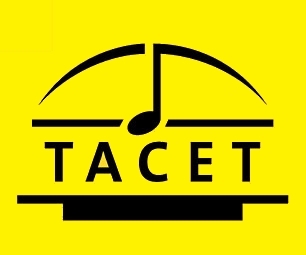The new issue is one of the few recordings to originate outside of France. Jung’s predecessors include Roger Norrington and Joel Cohen, while Gottfried Wolters contributed an early example from Germany, the same Jubilate Deo, in 1961. Unlike the three main CDs, this new disc uses no instruments, and the result is enhanced by the bright voices and the brilliant engineering in especially effective surround sound. Schneebeli felt that the practice of basso continuo and instrumental accompaniment of the vocal lines was well established in the composer’s time but not always notated, accounting for their use in all three discs cited. Jung finds sufficiency in the composer’s choice of scoring, setting small and large choirs in dialogue or solo and choral voices to the same effect, resulting in a combination of Renaissance sound and 17th-century vocal effects.
Jung offers only one unrecorded motet, Beati mortui, among the 22 selections. All the rest, including the pieces most familiar on records, are included in the three major collections already. But the performances here are stunning, well worth comparing with the older ones. Apart from one bass soloist who has a German accent, the Latin is always enunciated beautifully. This is an adult mixed ensemble, but the female soloists have a piercing white sound typical of boys who sing the repertoire, a very attractive quality. Vulnerasti cor meum ends with a touching morendo effect, but there are many other felicities among these 22 motets.
This is the first hybrid disc I’ve seen that has, in addition to the SACD version, a stereo version that will play on DVD as well as CD players. (If my experience is normal, the fact that the only DVD-A disc I’ve reviewed was also playable as SACD bodes ill for the long-term survival of the DVD-A format.) The separation is striking, and the effect of Bouzignac’s dialogue style is greatly enhanced thereby. The booklet has diagrams showing the spatial distribution of singers for each piece. This disc is a showpiece of real surround sound (Tacet’s description), and the label is proud of its achievement here. They should be. Don’t miss it!
J. F. Weber
<< zurück
